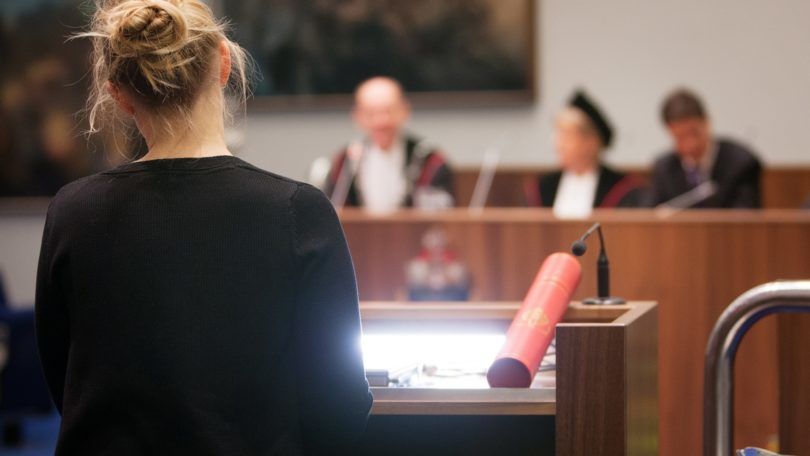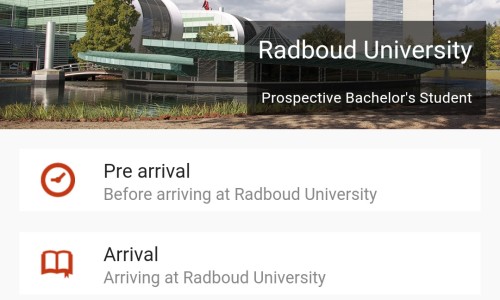The biggest problems faced by Nijmegen PhD candidates
-
 Photo: Dick van Aalst
Photo: Dick van Aalst
The workload is far too high, but PhD candidates don't dare to complain about it. They also mistakenly believe that a scholarly career is in the cards. In addition to these challenges, international PhD candidates struggle to find suitable housing. These are among the results of a quadrennial survey among PhD students, initiated by the PhD Organisation Nijmegen (PON). We've outlined the three biggest problems below.
- Too afraid to complain about workload
More than half of the nearly six hundred respondents surveyed by PON feel that the workload is too high. Common causes include the publication requirement (60%), the amount of work (54%) and the deadlines (38%). Equally worrying is the fear of addressing this pressurewith their supervisor. “Many PhD students feel like they still need to prove themselves,” says Tim Riswick, who represents the Works Council in PON. “They’re worried that if they address the workload issue with their supervisors, they might think they don’t have what it takes. That’s a very genuine fear.” For this reason, the report calls for opening up the workload issue for discussion.
The PON survey from four years ago yielded similar results. “The Executive Board promised to take measures at the time, but these have apparently not been very helpful. The workload is perceived as even heavier than before.”
- Overestimating job prospects
Some six hundred PhD students participated in the PON survey. Nearly half of these respondents (45%) see a scholarly career in their futures. In reality, however, only 10-20% of graduates end up finding work in the world of academia. Tim Riswick, who represents the Works Council in PON, has an explanation for this significant difference. “PhD candidates tend to see their supervisors and other university scholars as role models. But all of these scholars have enjoyed considerable academic success and a fair bit of luck. PhD candidates rarely come into contact with people who ended up in the business sector after graduating, and most supervisors are only familiar with the academic world. As a result, PhD candidates tend to overestimate their job prospects in the realm of academia.” The survey report therefore advocates for greater awareness of non-university careers and facilitating an open discussion of alternative career options.
- Lack of housing for internationals
Many international PhD candidates struggle to find suitable housing in and around Nijmegen. Approximately 56% of the survey respondents in this group claimed to have difficulty finding housing, compared to just 25% four years ago. “This is a serious problem,” says Riswick. “Especially given the fact that the number of international PhD candidates is only expected to grow in the future.” According to him, this problem can be solved in part by improving the support offered by the International Office. “At the same time, they can’t do anything about the shortage of student rooms and apartments. That being said, we do believe Radboud University has a responsibility to help these PhD candidates find housing.”
Foreign employees who are unable to find accommodation on their own can use the guesthouse set up by Radboud University during their first year.



